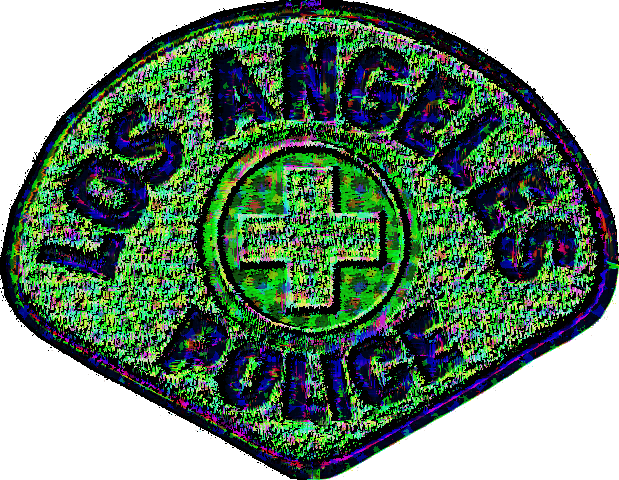The Los Angeles Police Department routinely violates the civil rights of Angelenos. They kill, beat, and maim, of course, but also conduct countless racist pretextual stops of drivers and bicyclists. They’re allowed to do this by the LA City Council, and without good information about what they’re up to it’s not easy for Angelenos to control them.
But they also routinely violate the California Public Records Act. The details range from egregiously obvious to subtly technical but in every case the goal, and for the most part the actual result, is to keep public records out of the hands of the public. They have been sued repeatedly and successfully for this over the last five years.1 To my knowledge they’ve never prevailed in a public records case.
LAPD’s violations are expensive.2 Since 2016 the City of Los Angeles has paid out at least $1,377,224 to settle CPRA suits against the police department only.3 Given the number of pending cases this figure is likely to top $1.5M by the end of 2021. The fact that settlement payments come from the City’s general fund clearly facilitates LAPD’s strategy of denying access to records until a suit is filed.
One of the most common reasons LAPD gives for denying the public access to records is that to produce them would be “burdensome.” There’s no such exemption in the CPRA, but courts have found, in some cases, that a public agency’s use of its resources, including employee salaries, to fill a request serves the public interest less than the production of the records would do.4 Continue reading Los Angeles Has Paid Almost $1.5M Settling Recent Public Records Suits Against LAPD — But LAPD Continues To Violate The Law With Impunity — Newly Obtained Reports Show That They’ve Radically Decreased Staff In The CPRA Unit — Even As They Deny Requests Which They Claim Would Use Too Much Staff Time To Fill — They Pad Their Request Completion Stats By Prioritizing Innocuous Automated Reports Rather Than Substantial Material — And They Handle Requests From Mainstream Media Outlets More Promptly Than Others

